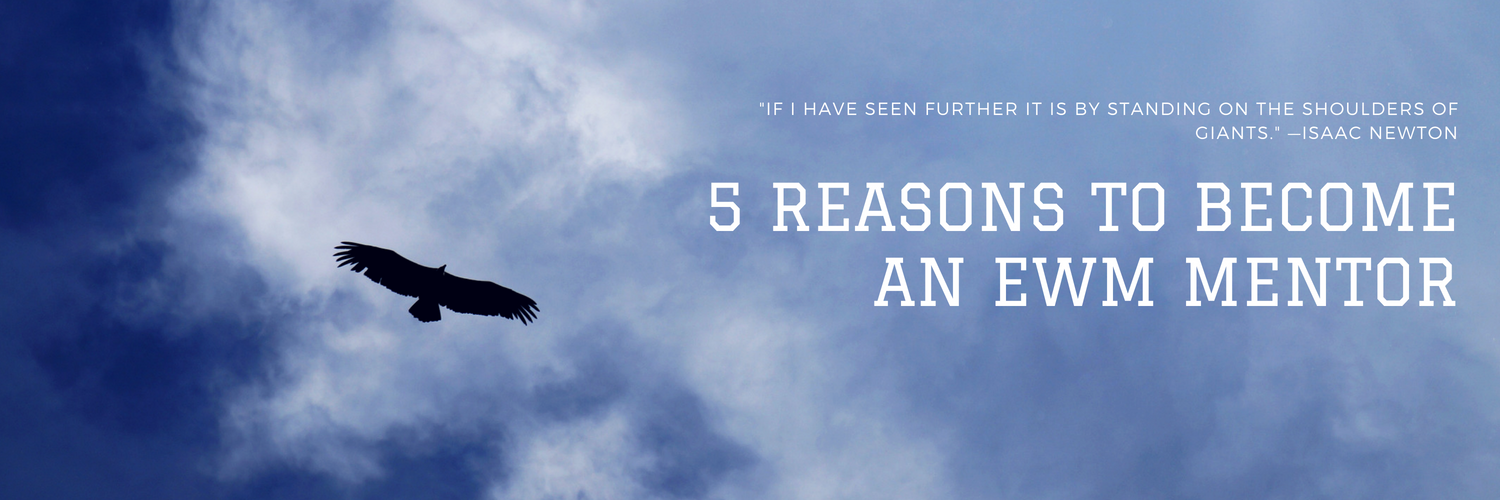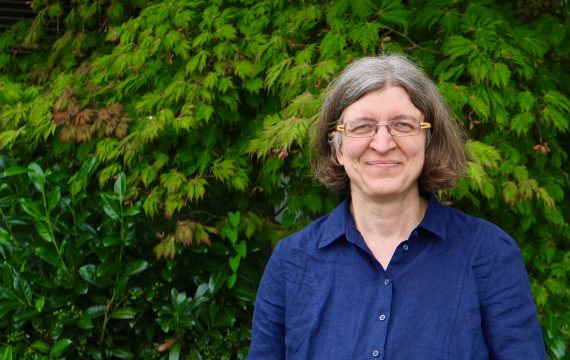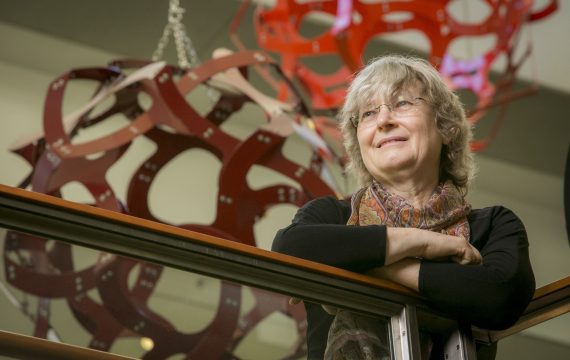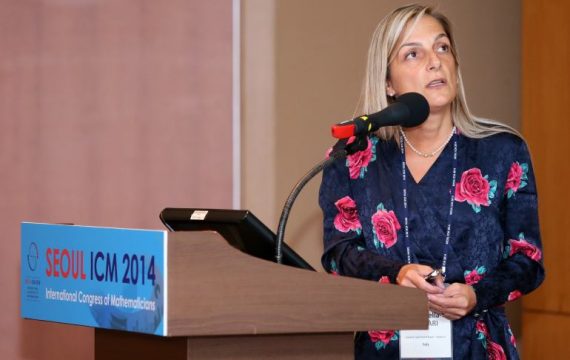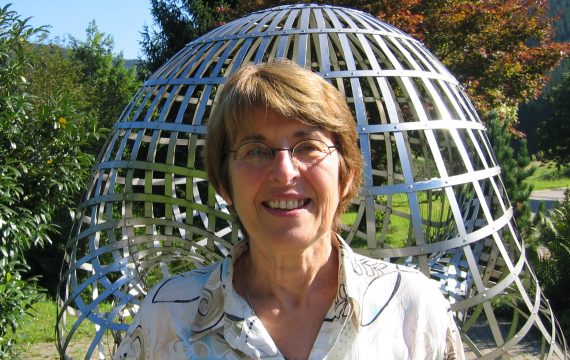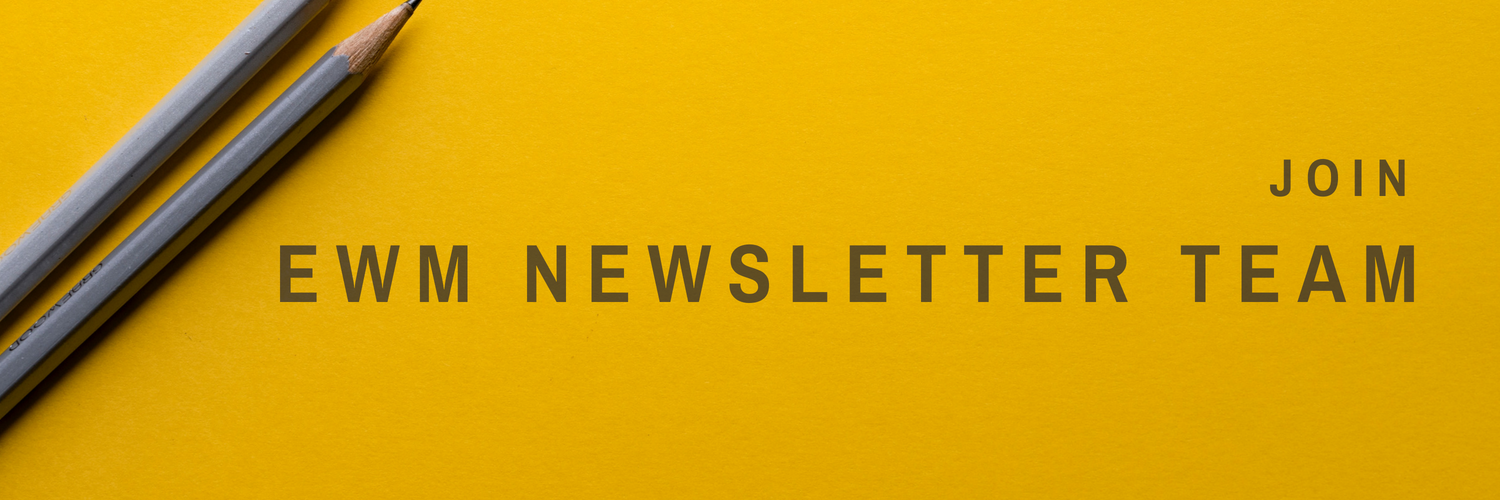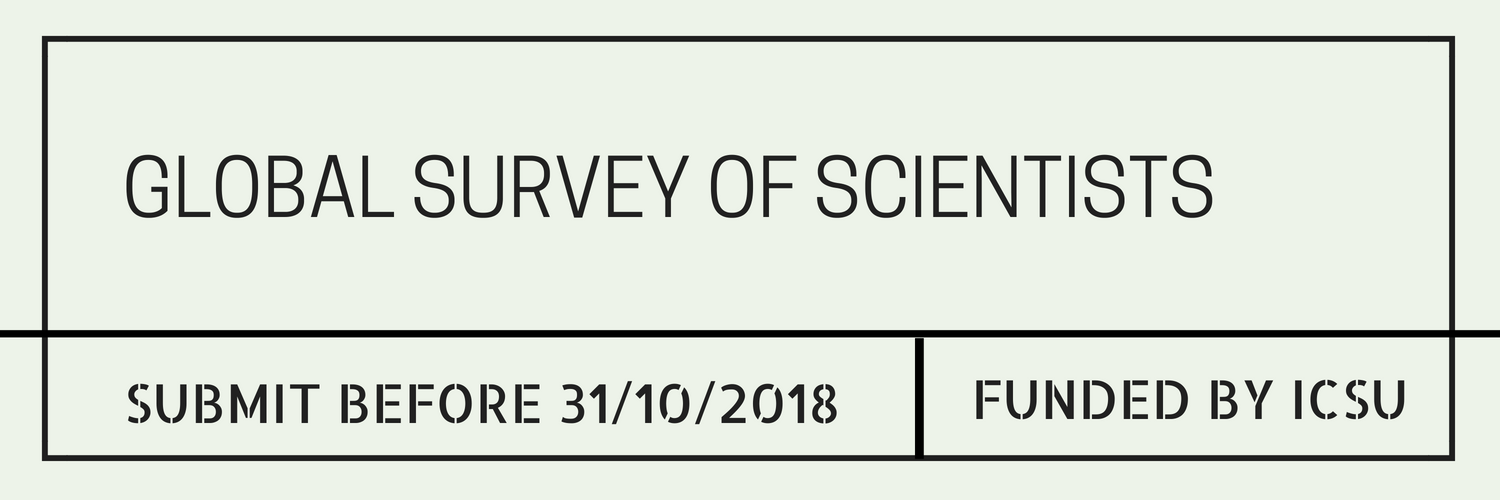Newsletter 30
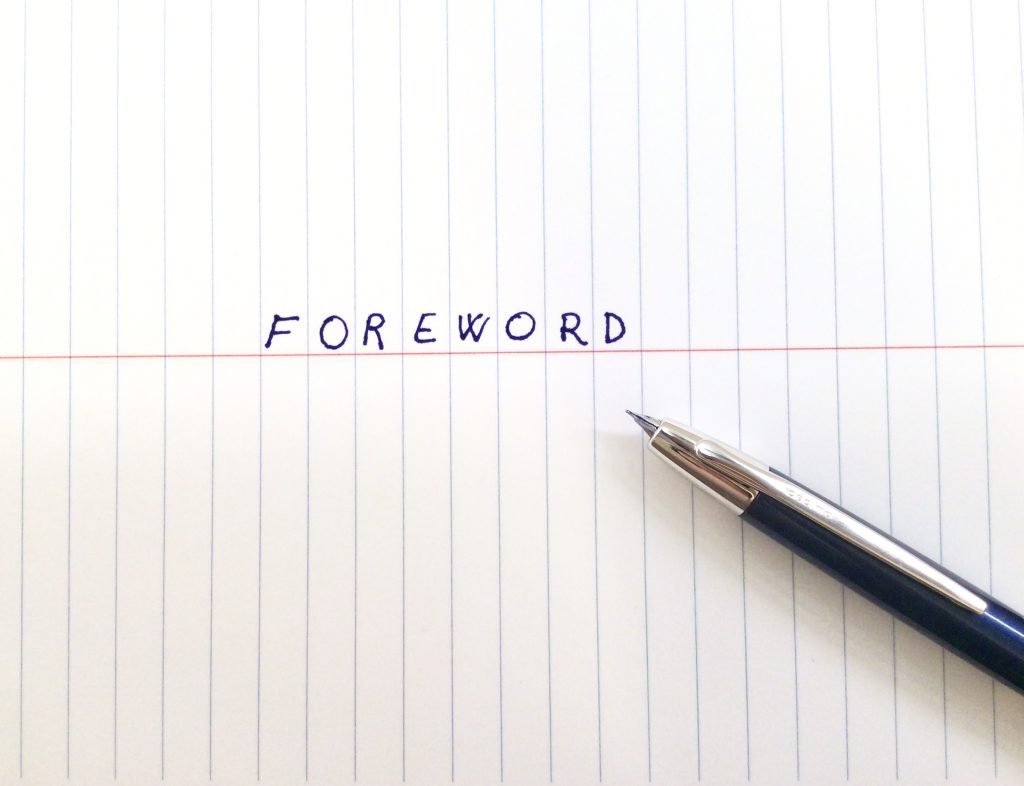
Foreword
I’m very excited to introduce this new issue, which is the first one completely online.
This issue is still a bit ‘beta’: we have been tinkering with the website for quite a while now and we will optimise things with time.
We think it is a big leap, which will improve also the diffusion of our activities, and we hope you will enjoy the read.
And don’t miss the message we received from the EWM Convenors about the ICM.
PORTRAITS
ARTICLES
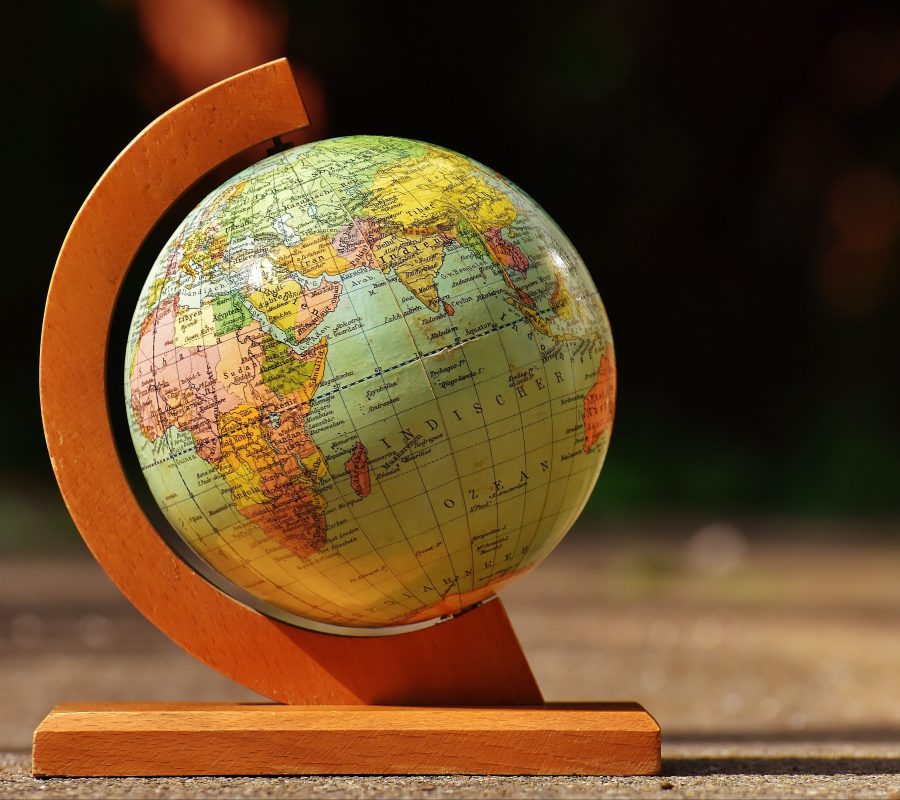
Reflections on First and Third World Relations
Dialogue between an English and an Argentinian sister by Caroline Series and Maria Losada
This article was originally published in the CSWP Gazette of the American Physical Society, 9 (4) November 1989. The EWM editorial team has decided to republish it for our newsletter readers, who we are sure will find it inspiring.

Gender Gap in Science is the largest cross-disciplinary project investigating gender inequality in academia. Since its inception in 2016, the project team has been able to attract a large number of participants from across the globe and has launched three initiatives for collecting and analyzing the evidence. Today we sat down with the Chair of the Executive Committee, Marie-Françoise Roy to discuss the progress of the project and her vision for the future of scientific emancipation.
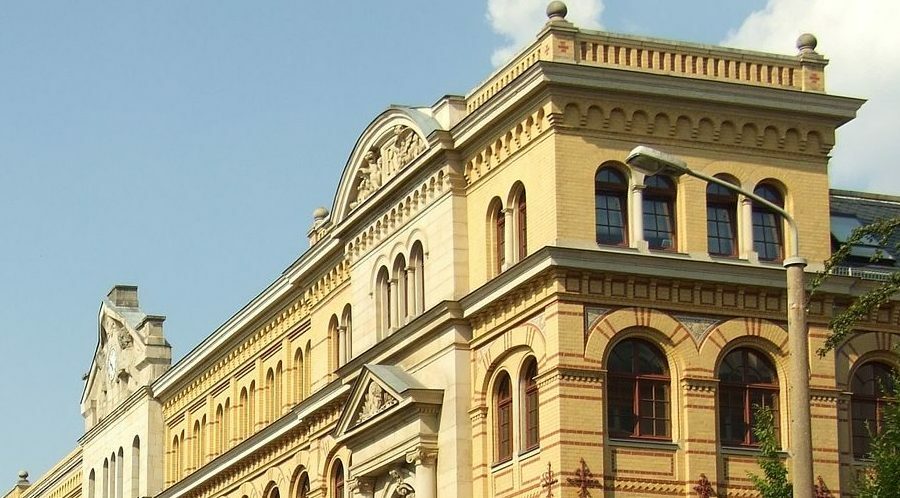
Like in many other research institutes around the globe, at the entrance of the Max Planck for Mathematics in the sciences one finds a pin-board with names and pictures of scientists currently present at the institute. While underrepresentation of minorities doesn’t seem to be an issue at the institute, the non-linear algebra research group, lead by Prof. Bernd Sturmfels, really stands out, with an almost 50% ratio of female/male researchers. Prof. Sturmfels himself believes in excellence through diversity and puts that belief into action. I have decided to find out more about what it is that makes this research group unique.
EVENT REPORTS

Now in the 6th edition, “Encuentro Colombiano de Combinatoria (ECCO)” (Colombian Meeting on Combinatorics) has grown from a small group of enthusiasts to an established summer school whose reputation for academic quality and inclusive community reaches far beyond Latin America. We wanted to understand the secret behind this success, so we asked a participant, a speaker, an organiser and a lecturer to tell us what makes ECCO special.
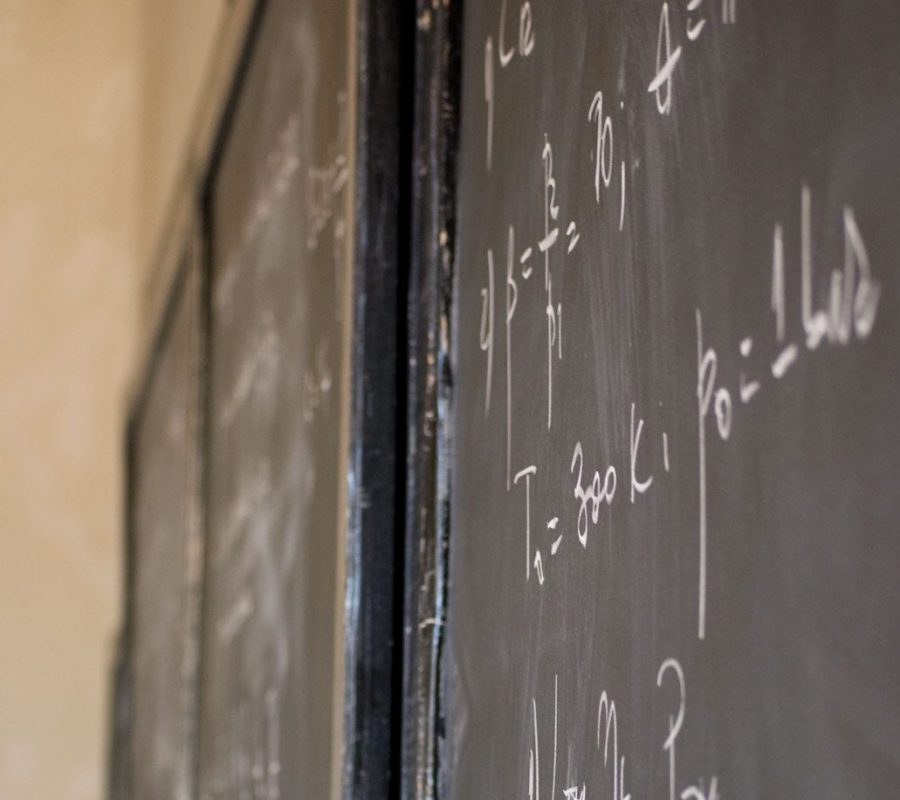
Whereas in the early 20th century, physicists would typically turn to mathematicians for technical advice, these later strongly benefitted from the advances of quantum field theory and string theory as can be seen from various standing mathematical conjectures motivated by physics. The links between physics and mathematics have become so strong, that some fields of research have developed at the very threshold between these disciplines, where distinguishing between the mathematical and physical input has become artificial if not impossible. Two meetings that brought together women mathematicians and physicists working in these areas were recently organised, both aimed at identifying new trends of research at the frontier between mathematics, quantum field theory and string theory and exploring how they intertwine.
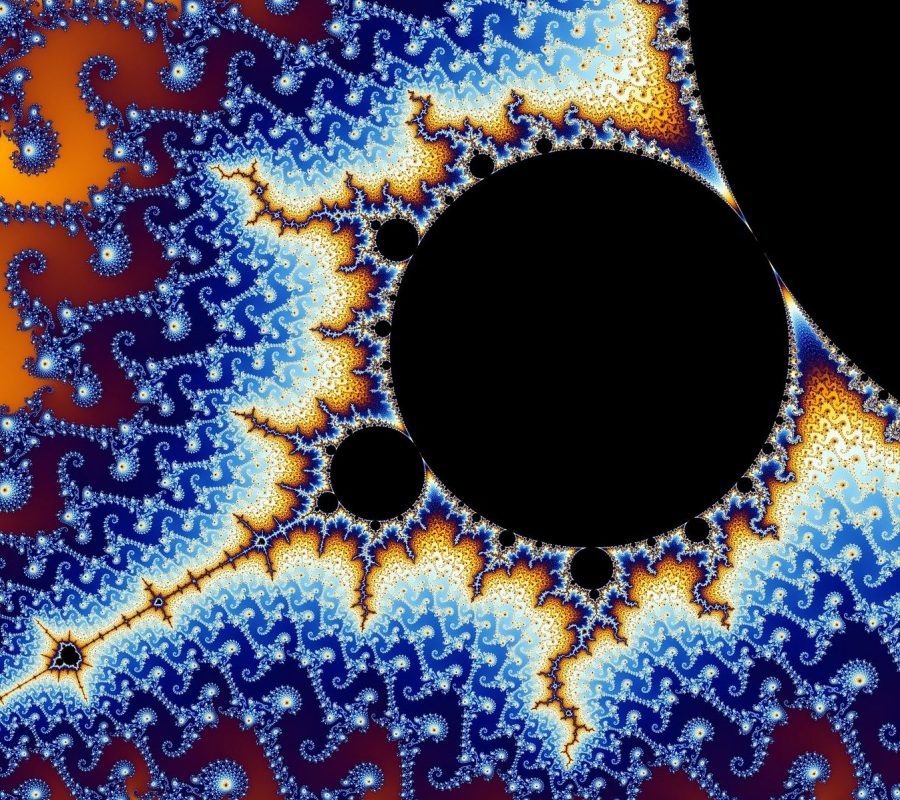
Sara Munday reports on the recent event Ergodic Theory and Fractal Days, where she was part of an all-female line-up of speakers.

